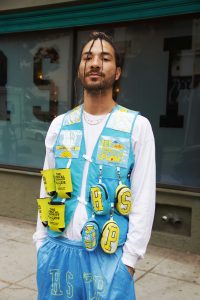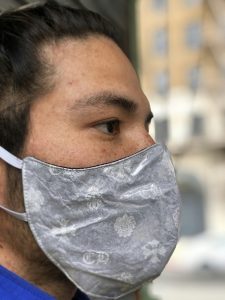In today’s world, each of us has the power to make choices that positively impact our global community. In our article “How Can I Support Fair Trade Fashion?”, we explore the steps we can all take to ensure our clothing purchases support ethical practices. From seeking out certified brands to understanding the importance of fair wages and environmentally sustainable practices, we’ll uncover how we can make mindful decisions that benefit workers and the planet. Together, we can transform our wardrobes into catalysts for change, embracing fair trade fashion as a vital step towards a fairer and more equitable world. How can we support fair trade fashion?
This is a question we frequently ask ourselves as we become more aware of the ethics and sustainability within the fashion industry. The clothes we wear should reflect our values, and supporting fair trade practices is a fantastic way to ensure that our wardrobe choices align with our beliefs. But with so much information out there, it can be challenging to figure out where to start.
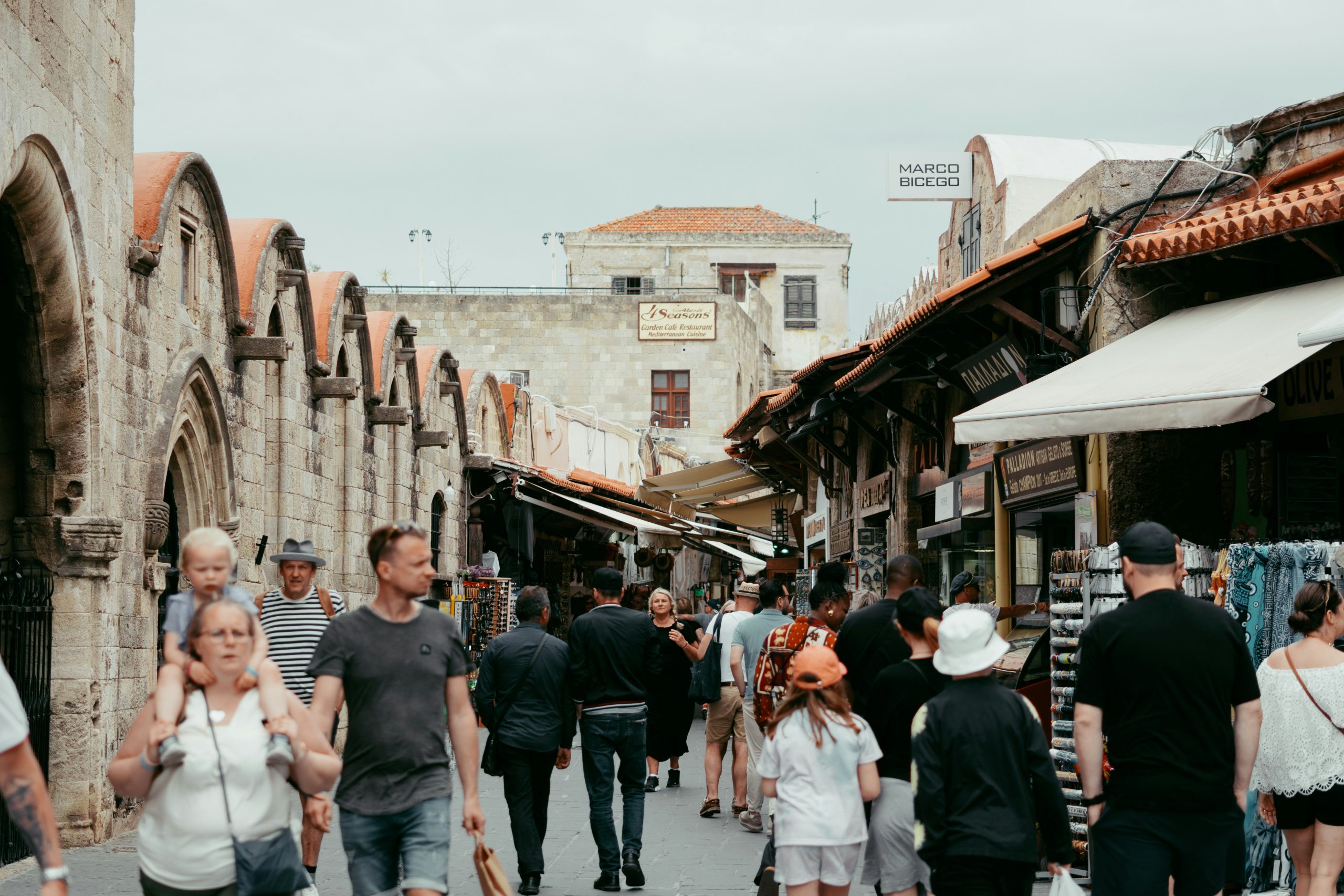
What is Fair Trade Fashion?
Before we dive into the ways we can support fair trade fashion, it’s essential to understand what fair trade fashion means. Fair trade fashion focuses on ensuring that the people who produce the materials and garments we wear are treated fairly. This includes fair wages, safe working conditions, and sustainable practices that benefit both the workers and the environment.
Why Support Fair Trade Fashion?
Supporting fair trade fashion isn’t just a trend; it’s a movement towards a more ethical and sustainable industry. By choosing fair trade clothing, we support businesses that prioritize human rights and environmental sustainability. This shift can lead to a more equitable world for everyone involved, from the farmers growing the cotton to the artisans sewing the clothes.
How to Identify Fair Trade Fashion Brands
One of the first steps in supporting fair trade fashion is educating ourselves on how to identify brands that adhere to fair trade practices. Here are some key indicators to look out for:
- Certifications: Look for certifications such as Fair Trade Certified, WFTO (World Fair Trade Organization), and Fair Wear Foundation. These certifications ensure that the brand meets specific fair trade criteria.
- Transparency: Brands that are open about their supply chain and manufacturing processes are more likely to adhere to fair trade practices. Look for companies that provide detailed information about where and how their clothes are made.
- Materials: Sustainable and ethically sourced materials are a good sign that a brand is committed to fair trade fashion. Organic cotton, recycled fabrics, and eco-friendly dyes are some materials to look for.
The Role of Certifications
Certifications play a crucial role in ensuring that a brand adheres to fair trade practices. These certifications involve rigorous assessments and audits that evaluate various aspects of the supply chain, from labor conditions to environmental impact.
| Certification | Description |
|---|---|
| Fair Trade Certified | Ensures that producers receive fair wages, work in safe conditions, and practice environmental conservation. |
| WFTO | The World Fair Trade Organization focuses on social, economic, and environmental criteria to ensure fair trade practices. |
| Fair Wear Foundation | This certification focuses on improving labor conditions in the fashion industry. It aims to ensure fair wages, reasonable working hours, and safe working conditions. |
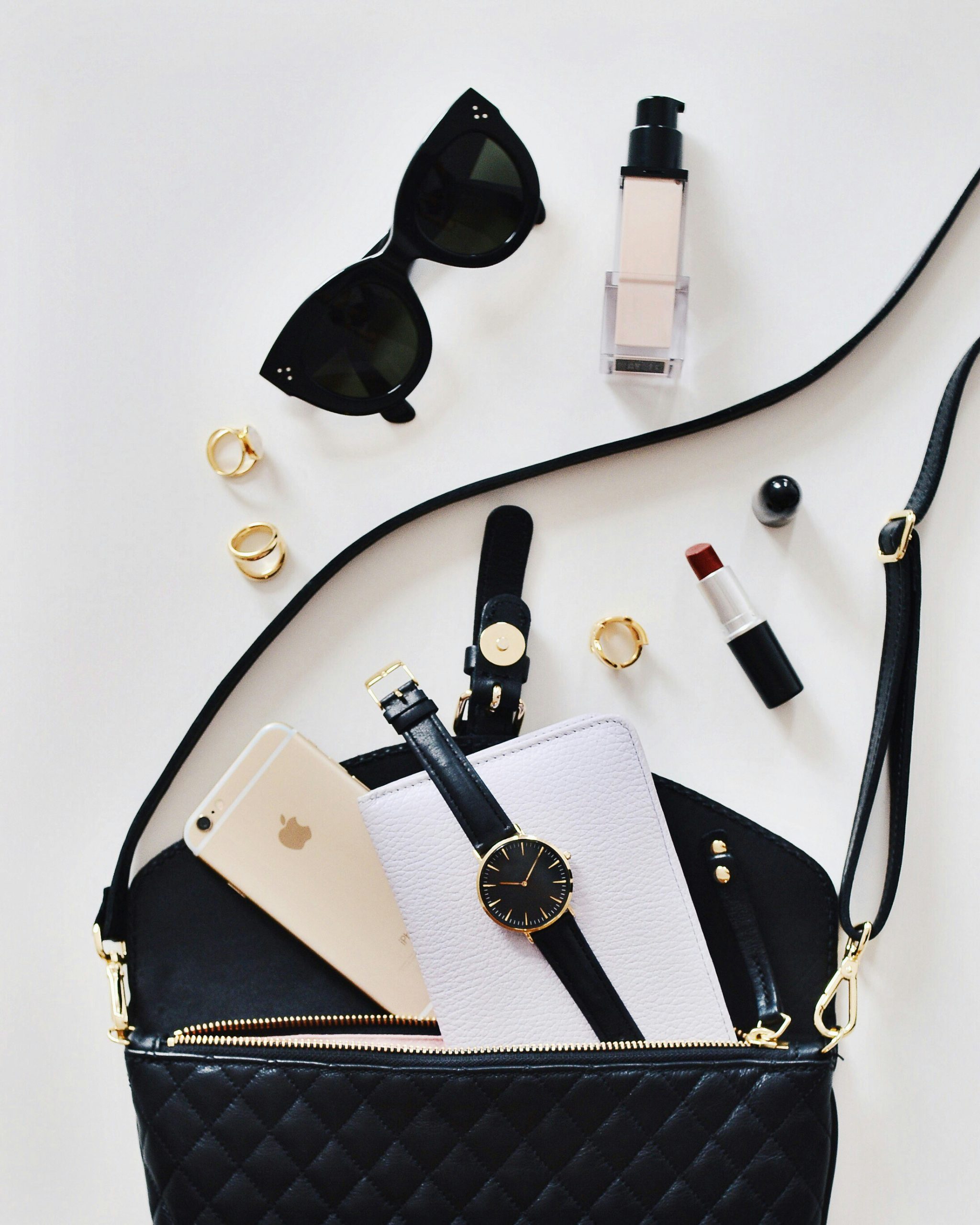
Research Brands and Their Practices
Our purchasing decisions can have a significant impact, so it’s crucial to research brands before buying. Here are some steps we can take:
- Visit Brand Websites: Most fair trade fashion brands have detailed sections about their ethical practices, sourcing, and manufacturing processes.
- Read Reviews: Look for reviews from other customers, which can provide insights into the brand’s commitment to fair trade principles.
- Follow on Social Media: Many brands use social media to showcase their production processes and share stories about their workers, which can give us a better understanding of their practices.
Shop Consciously
When we purchase fair trade fashion, we are making a statement about our values. Here are some tips for shopping consciously:
- Buy Less, Choose Well: Quality over quantity is key. By buying fewer, higher-quality items, we reduce waste and support brands that focus on ethical production.
- Support Local and Small Businesses: Many local and small businesses adhere to fair trade principles and provide unique, hand-made items.
- Second-Hand and Vintage Stores: Shopping second-hand reduces demand for new clothing production and often supports local communities.
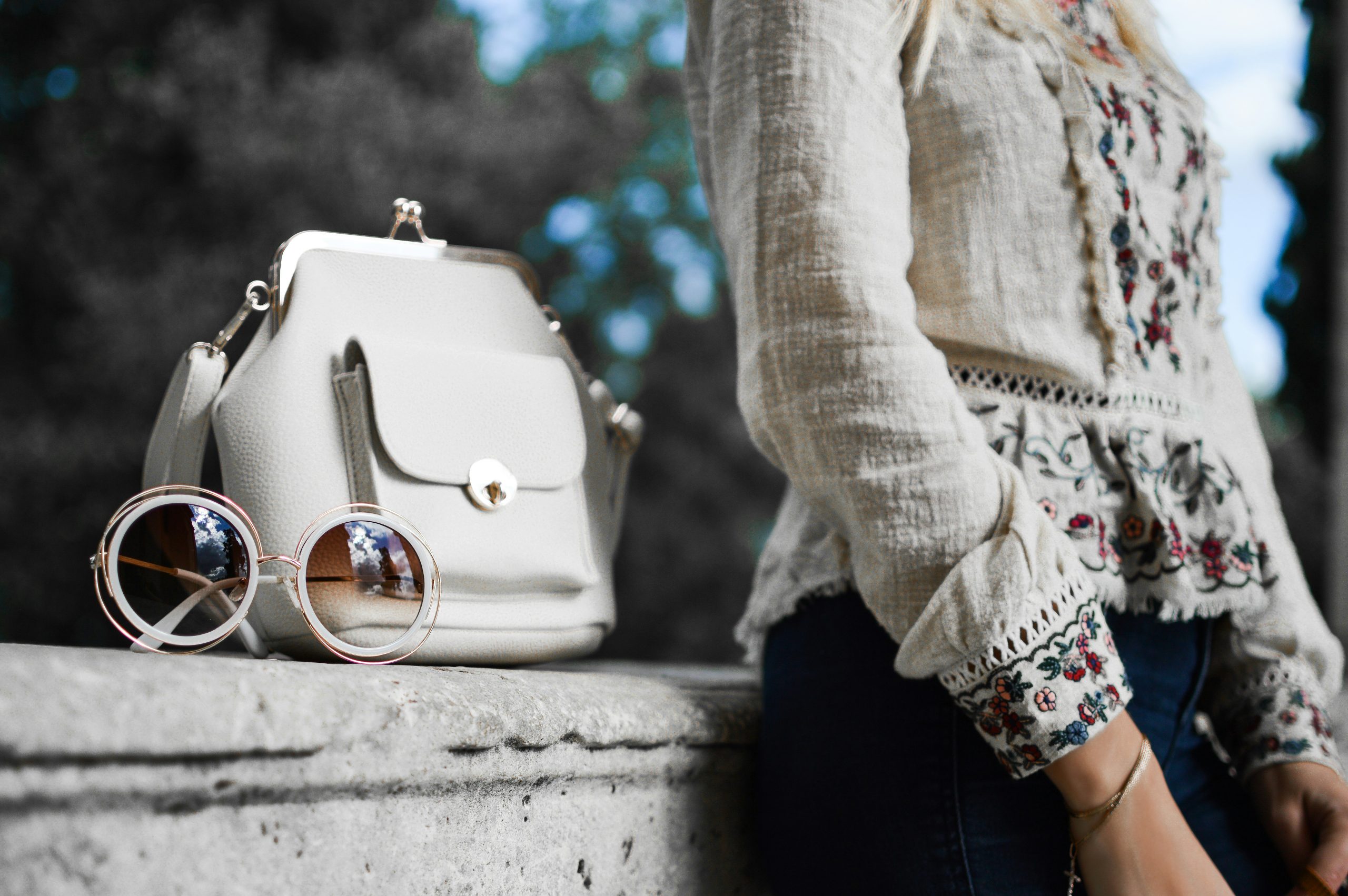
Ethical Considerations Beyond Fair Trade
While fair trade is a significant aspect of ethical fashion, there are other considerations we should keep in mind:
- Sustainable Materials: Look for brands that use eco-friendly materials like organic cotton, bamboo, or recycled fabrics.
- Eco-Friendly Production: Consider how the company minimizes its environmental footprint through waste reduction, water conservation, and renewable energy usage.
- Animal Welfare: Ensure that the brands we support don’t use animal products or test on animals.
How to Advocate for Fair Trade Fashion
Beyond our personal purchasing decisions, there are several ways we can advocate for fair trade fashion:
- Spread the Word: Share information about fair trade fashion with friends and family. Social media can be a powerful tool for raising awareness.
- Support Fair Trade Campaigns: Many organizations and campaigns promote fair trade practices. Supporting these initiatives can amplify our impact.
- Host a Fair Trade Event: Consider organizing an event, such as a fair trade fashion show or a discussion panel, to educate our community and encourage fair trade shopping.
- Petition Brands: If we love a brand that doesn’t adhere to fair trade principles, we can reach out to them to express our desire for them to adopt more ethical practices.
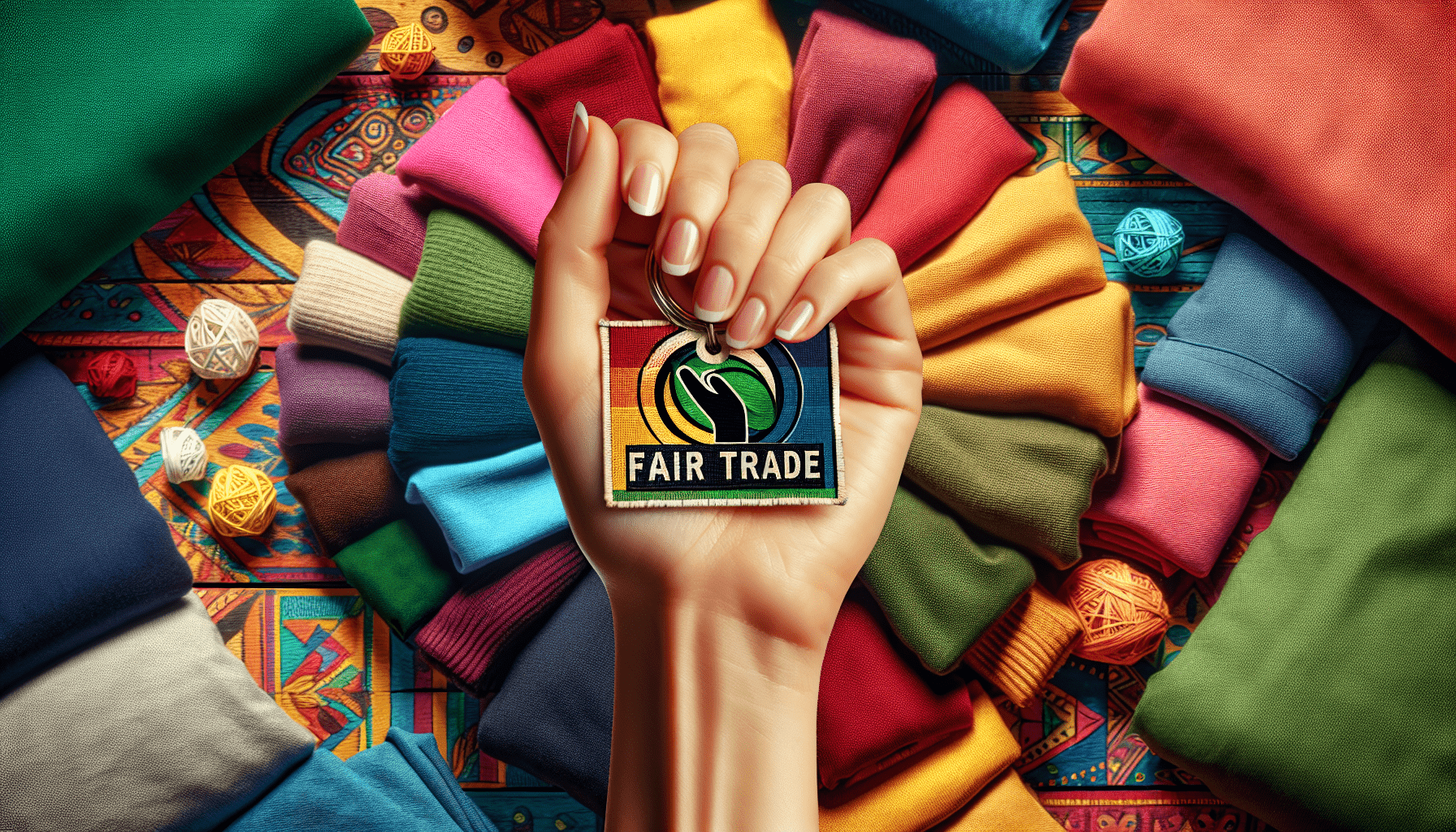
Challenges in Fair Trade Fashion
While supporting fair trade fashion is commendable, it comes with its own set of challenges:
- Higher Costs: Fair trade items often cost more due to fair wages and sustainable practices. However, the quality and ethical benefits outweigh the price.
- Limited Choices: Fair trade fashion may have fewer options compared to fast fashion. However, many brands are expanding their selections.
- Greenwashing: Some companies falsely claim to be sustainable or ethical to attract customers. Research and certifications can help us identify genuine fair trade brands.
Fair Trade Fashion Brands to Consider
Here are some reputable fair trade fashion brands that prioritize ethical practices:
- Patagonia: Known for its environmental activism, Patagonia ensures fair labor practices and sustainable materials.
- People Tree: A pioneer in fair trade fashion, People Tree offers stylish and eco-friendly clothing.
- Eileen Fisher: This brand focuses on sustainability and fair trade practices, offering elegant and timeless pieces.
- Pact: Pact provides organic, fair trade basics that are comfortable and affordable.
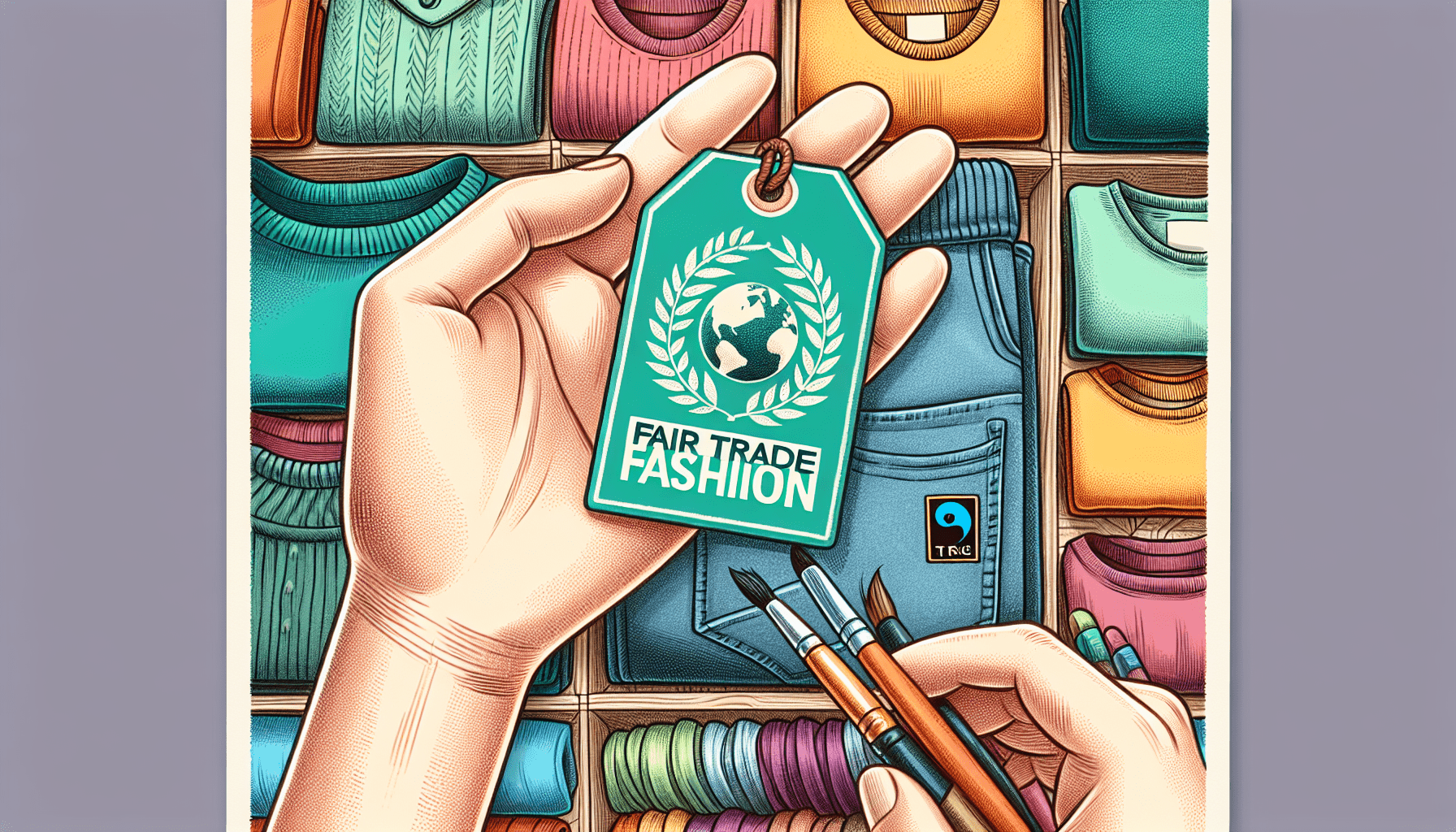
Conclusion
Supporting fair trade fashion is a powerful way to align our wardrobe with our values. By educating ourselves, shopping consciously, and advocating for ethical practices, we can contribute to a more equitable and sustainable fashion industry. Our choices make a difference, and together we can foster a world that respects human rights and the environment.


